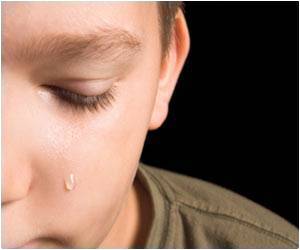Q: Which specialist doctor to consult for mental disorders?
A: A psychiatrist can be conducted for mental disorders.
Q: How does a family dynamic affect children’s behavior?
A: Family dynamics can affect how a child thinks, feels, and behaves. Children in toxic families may experience poor self-esteem, trust issues, anxiety related to being abandoned,increased risk of physical illness, higher susceptibility to addiction, and guilt.
Q: What are dysfunctional dynamics?
A: Dysfunctional family dynamics refer to unhealthy or problematic family relationships characterized by harmful behaviors such as manipulation and guilt-tripping, poor interactions and poor conflict management.
Q: What are examples of family dynamics?
A: Family dynamics refers to the interactional patterns between members. This is affected by various factors, for example, age, roles, gender, and cultural norms.
Q: How to respond to toxic family members?
A: Communicating clearly, taking responsibility for one’s own actions only, being mindful, and trying to see their perspective can help respond to toxic family members.
Q: How to help a child in a dysfunctional family?
A: A child in a dysfunctional family can be helped by a support system, child protection agencies, therapy, and school involvement.








